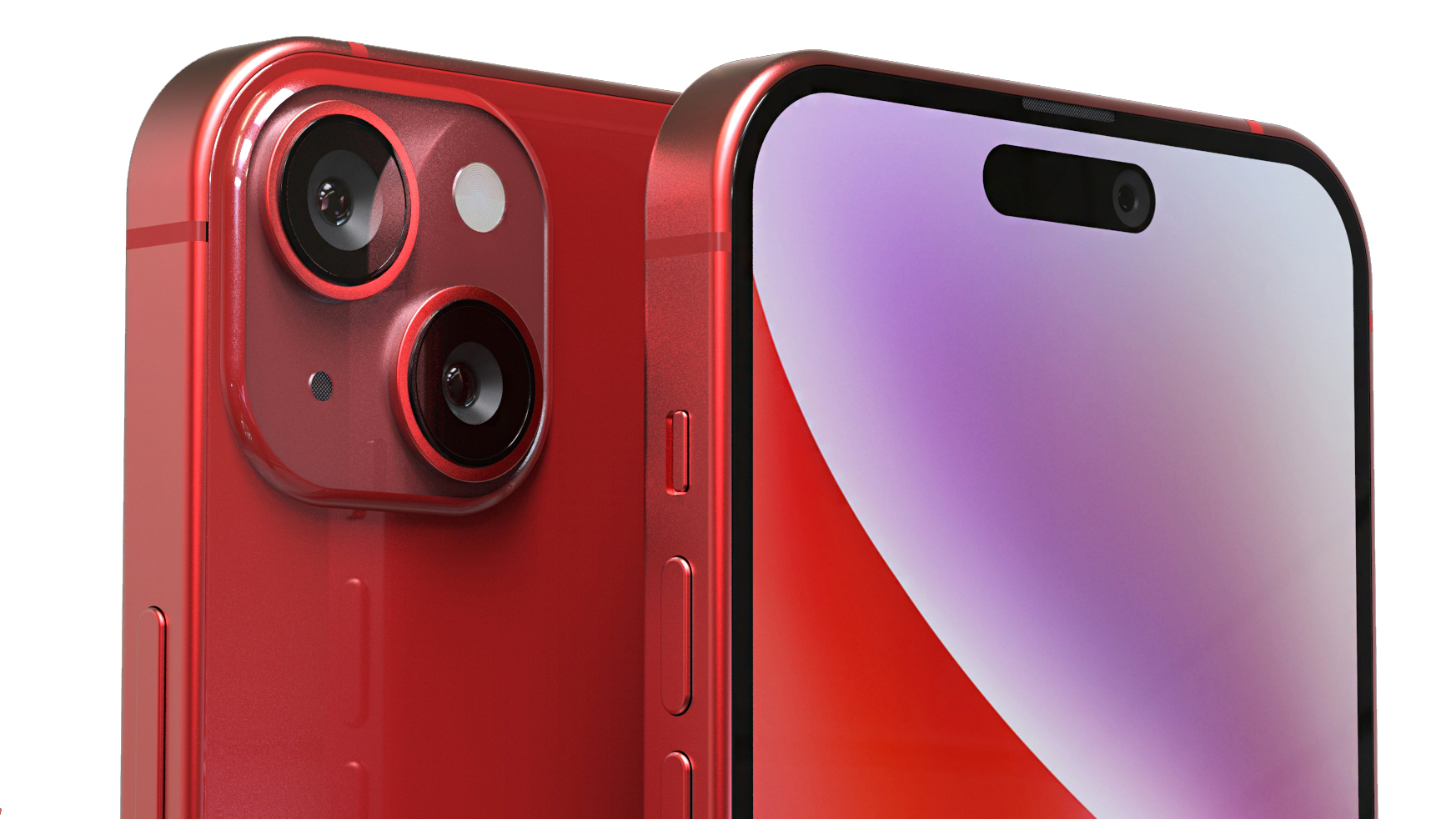

The iPhone 15 is expected to come with a USB-C port, just like current iPads and MacBooks. But it appears that for the iPhone, Apple is thinking different. According to a new report via MacRumors, Apple won't let you connect any old USB-C cable to your expensive iPhone. It'll need to be an Apple-approved one with an Apple authentication chip.
According to a post on Chinese social network Weibo by someone who claims to be an integrated circuit expert, Apple is developing its own flavour of USB-C. Much like it did with early Lightning connectors, they say, Apple is using little authenticator chips to ensure that only approved, Made for iPhone-certified connections are used.
The upside? Less risk from poor quality or counterfeit cables for you, and extra income for Apple via Made for iPhone licensing fees. The downside? USB-C becomes a lot less useful.
I can't vouch for the reliability or otherwise of MacRumors' source. But the rumour does seem credible.
Will Apple have a slow lane for some iPhone 15 buyers?
We've previously been told that there will be two kinds of USB-C for the iPhone 15 depending on how much money you spend.
The most expensive iPhones this year will go into the fast lane, with full-speed data transmission; those of us who opt for the cheaper versions will be limited to the same speeds as USB 2.0.
This is something Apple already does in the current iPads: the 10th generation iPad with USB-C is limited to 480Mbps while the iPad Pro has the same connector but supports 40Gbps.
Get all the latest news, reviews, deals and buying guides on gorgeous tech, home and active products from the T3 experts
I understand the rationale for doing this, but I really don't like it: deliberately taking an industry standard and engineering it to make it bad seems like a very user-hostile thing to do in the name of upselling. The costs of authentication won't be absorbed by suppliers: they'll be passed on to us.
Writer, musician and broadcaster Carrie Marshall has been covering technology since 1998 and is particularly interested in how tech can help us live our best lives. Her CV is a who’s who of magazines, newspapers, websites and radio programmes ranging from T3, Techradar and MacFormat to the BBC, Sunday Post and People’s Friend. Carrie has written more than a dozen books, ghost-wrote two more and co-wrote seven more books and a Radio 2 documentary series; her memoir, Carrie Kills A Man, was shortlisted for the British Book Awards. When she’s not scribbling, Carrie is the singer in Glaswegian rock band Unquiet Mind (unquietmindmusic).
